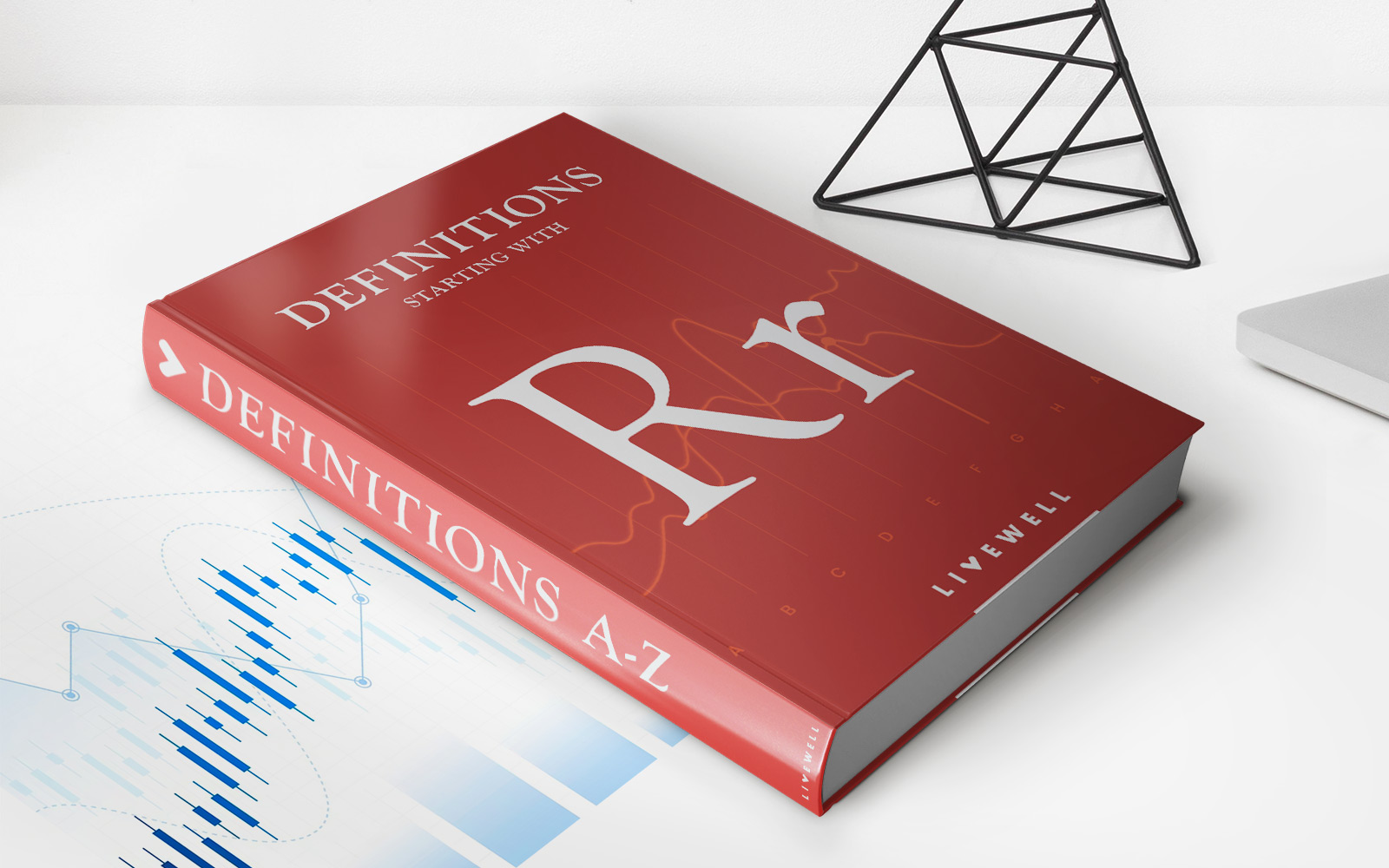Home>Finance>What Are Appraisal Costs? Definition, How They Work, And Examples


Finance
What Are Appraisal Costs? Definition, How They Work, And Examples
Published: October 8, 2023
Learn about appraisal costs in finance, including their definition, how they work, and find examples to understand their impact on your financial decisions.
(Many of the links in this article redirect to a specific reviewed product. Your purchase of these products through affiliate links helps to generate commission for LiveWell, at no extra cost. Learn more)
What Are Appraisal Costs? Definition, How They Work, and Examples
When it comes to managing your finances, it’s crucial to understand all the costs involved in running a business. One type of cost that often goes unnoticed but can have a significant impact is appraisal costs. In this blog post, we will take an in-depth look at what appraisal costs are, how they work, and provide you with some examples to illustrate their importance. So, let’s dive in!
Key Takeaways:
- Appraisal costs are expenses incurred to determine the value or quality of a product or service.
- These costs typically include hiring experts, conducting surveys or inspections, and implementing quality control measures.
Definition of Appraisal Costs
Appraisal costs refer to the expenses incurred in assessing the value or quality of a product or service. These costs are essential for businesses as they help ensure that products and services meet predetermined standards, customer expectations, or comply with industry regulations. Appraisal costs play a vital role in maintaining high-quality standards and building customer trust.
How Do Appraisal Costs Work?
Appraisal costs encompass various activities and expenses involved in determining the value or quality of a product or service. These can include:
- Quality Inspections: Conducting inspections throughout the production process to identify any defects or deviations from specified standards.
- Testing and Analysis: Conducting laboratory tests, data analysis, or in-depth research to ensure the product meets performance requirements.
- Surveys and Feedback: Collecting feedback from customers, conducting market research, or utilizing surveys to gauge customer satisfaction levels.
- Hiring Experts: Engaging the services of professionals, such as appraisers, consultants, or auditors, to evaluate the quality, value, or compliance of the product or service.
- Quality Control Measures: Implementing measures like statistical process control, calibration programs, or regular audits to monitor and maintain quality standards.
By investing in appraisal costs, businesses can catch issues early on, prevent defects or flaws from reaching the market, and deliver products and services that meet or exceed customer expectations.
Examples of Appraisal Costs
Let’s explore a few examples to better understand how appraisal costs function in different business scenarios:
- Manufacturing Company: A manufacturing company might incur appraisal costs by conducting regular inspections on its production line to identify any defects or failures, ensuring that products meet quality standards.
- Software Development Firm: A software development firm may invest in appraisal costs by hiring external experts to conduct code reviews, analyze the software’s performance, or test for vulnerabilities or bugs.
- Restaurant Chain: A restaurant chain may incur appraisal costs by regularly requesting customer feedback through surveys or monitoring online reviews to maintain the quality of their food and service.
- Real Estate Agency: A real estate agency may engage appraisal services to determine the value of properties accurately, ensuring fair pricing and facilitating smooth transactions.
These examples highlight how different industries and businesses allocate resources to appraisal costs to enhance quality, meet industry standards, and ultimately, satisfy customer demands.
Conclusion
Appraisal costs are crucial elements of managing finances and ensuring the value and quality of products or services. By investing in appraisal costs like expert consultations, inspections, testing, and customer surveys, businesses can maintain high standards, prevent defects, and build customer trust. Understanding and accounting for these costs can help businesses make informed decisions that positively impact their bottom line. So, don’t overlook the importance of appraisal costs in managing your finances!














